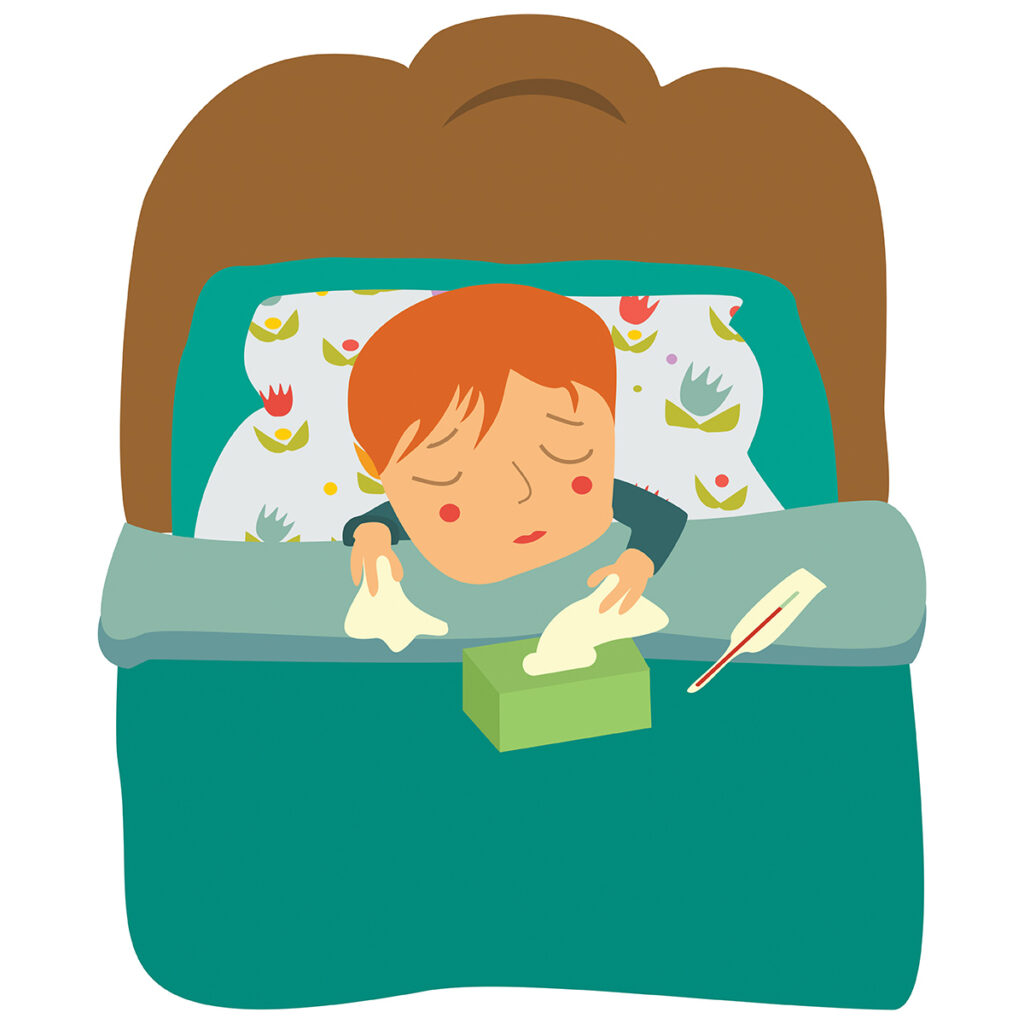For Her
Track Your Triggers
Avoid Winter Migraines
If you’ve ever felt the stinging pain of a migraine, you probably would do just about anything to avoid getting another. The bad news is, winter brings several weather-related migraine triggers – such as cold temperatures, dry air, and wind – that are hard to avoid. But while you can’t change the weather, you can take some steps to pinpoint what triggers a migraine for you and then work to avoid it. Some things that may help prevent winter migraines include:
- Start by keeping a headache diary, which lists when each migraine occurs, its length, and what the cause might be. If cold and windy weather may have been a factor, try to avoid those triggers as much as you can, and take your migraine medication at the first sign of pain.
Other things that may help prevent winter migraines include:
- Staying warm. Bundle up when you head outside!
- Using a humidifier. Keep the air moist in your home.
- Staying hydrated. Drink plenty of water.
- Getting more Vitamin D.
- Get some direct sunlight or eat foods like fish, cheese, milk, juice, and eggs.
- Getting enough sleep. Make every effort to get to bed on time.
Source: Mayo Clinic
Keep Your Cool
Don’t Crack from Holiday Stress
Between holiday shopping, hosting family dinners, and attending an array of get-togethers, the holidays can be a stressful time. Be sure to balance it all in a healthy way so that you and your family can enjoy the season. The Centers for Disease Control and Prevention (CDC) recommends maintaining a relaxed outlook, getting plenty of sleep, and reaching out for support from friends and family if you feel stressed. You can avoid another cause of holiday stress – the toll it takes on your bank account – by preparing a spending plan beforehand. By managing commitments and planning ahead, this year can be filled with the joy, rather than the stress, of the season.
Source: Centers for Disease Control and Prevention
For Him
Blood Pressure
Schedule Screenings
According to the National Institutes of Health (NIH), men between the ages of 18 to 39 should have their blood pressure checked every two years. However, if the top number is between 120 and 139 and the bottom number is between 80 and 89, it should be checked annually. Blood pressure screenings are frequently offered at places of work, but if they aren’t, look for an automated machine at the grocery store or pharmacy. If the top number is greater than 140 or the bottom number is greater than 90, the NIH recommends scheduling a doctor’s appointment.
Source: National Institutes of Health
Brain Food
Memory-Boosting Snacks
Many things can contribute to forgetfulness, but one thing’s for sure – brain health plays a major role in memory. According to the Academy of Nutrition and Dietetics, one good way to boost memory and brain function is to eat foods that encourage blood flow to the brain. Keep your brain sharp by adding these foods to your diet:
- veggies such as broccoli, cabbage, and kale
- dark berries such as blackberries, blueberries, and cherries
- foods rich in omega-3 fatty acid such as salmon, herring, or seaweed
- walnuts
Source:Academy of Nutrition and Dietetics
For the Whole Family
Fight the Fumes
Beware of Carbon Monoxide
More than 430 people die from accidental carbon monoxide poisoning every year in the United States, according to the Centers for Disease Control and Prevention (CDC), and winter is the season when incidence is at its height. When winter rolls around, follow these important dos and don’ts from the CDC to protect yourself and your family from this deadly, odorless gas:
- DO install a CO detector in your home and frequently check or replace the battery.
- DO have your heating system, water heater and any other gas, oil, or coal burning appliances serviced every year.
- DON’T heat your house with a gas oven.
- DON’T use a generator, charcoal grill, camp stove, or other gasoline or charcoal-burning device inside your home, basement, or garage or near a window.
- DON’T burn anything in a stove or fireplace that isn’t vented.
- DO seek prompt medical attention if you suspect CO poisoning and are feeling dizzy, light-headed, or nauseous.
Source: Centers for Disease Control and Prevention
Cold Weather and Heart Health
Know Your Risks
Did you know cold weather can cause physical stress and strain to the heart? If you suffer from cardiovascular disease or another heart condition, be aware of your risks if you’ll be exposed to low temperatures. Avoid sudden exertion such as lifting (like snow shoveling) or running when it’s cold out, as this puts extra strain on the heart. If you know you’ll be spending time outside during the winter, be sure you take special precautions to dress warmly. Hypothermia occurs when the internal body temperature falls too low because the body can’t produce enough energy to keep it warm, and this can result in heart failure.
Source: American Heart Association

For the Kids
Sick Days
When to Keep Them Home?
One of the easiest ways to know if your child should stay home is to see if they are running a fever. Always start by taking your child’s temperature when they aren’t feeling well. According to Nemours, many schools actually require that students stay home until at least 24 hours after a fever has broken naturally, even if they’re feeling back to normal. You should also keep your child home if you think their sickness is contagious, like strep or pink eye. Because missing school days is an easy way to fall behind, be sure to teach your child how and when to wash their hands and to keep their fingers away from their eyes, nose, and mouth. Also, make sure your kids get plenty of rest, as sleep deprivation heightens their risk of getting a cold or flu.
Source: Nemours

Keep Moving!
Stay Active During Winter
As the days get darker earlier and earlier and heavier coats are required for outdoor play, it’s hard to have as much fun outside as it is in the summertime. But that doesn’t mean the season has to be spent in hibernation. The Alliance for a Healthier Generation offers several ideas for staying active in the winter. Here are three:
- Opt for indoor activities. Indoor pools, ice skating rinks, and basketball courts are everywhere and are always fun winter options.
- Visit the library. When it’s too dreary to do much outside, the library is a great place to play and explore. Visit the Chattanooga Public Library and check out the second floor arcade, take pictures in a photo booth, or listen to a vinyl record!
- Join a class. A group class, such as gymnastics, karate, or dance, will keep your kids active when cabin fever hits.
Source: Alliance for a Healthier Generation

